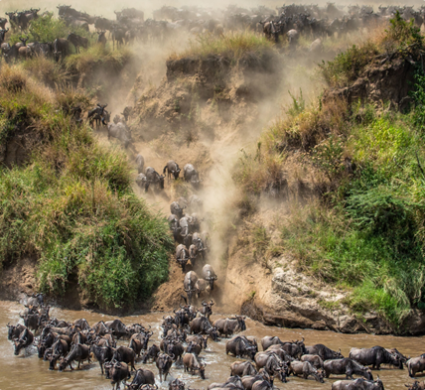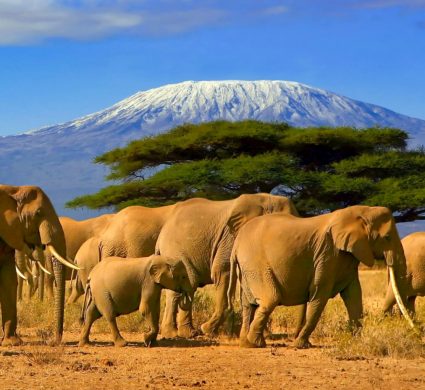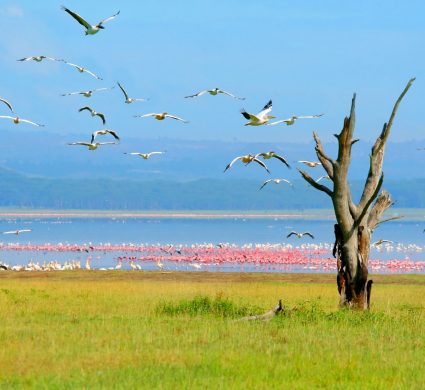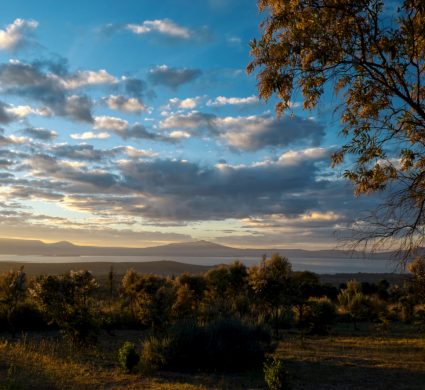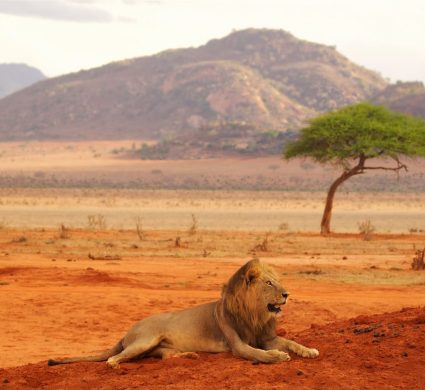Kenya
Africa's "Big Sky Country"
Kenya. Africa’s “Big Sky Country.” This is a place like no other. It makes you feel like you’re smack dab in the middle of a National Geographic documentary. You’re a part of the story as an eye-witness to the authenticity of nature playing out right before your eyes. After all, Kenya is home to the world-famous Masai Mara National Reserve, an epic land of dynamic wildlife encounters, wide open spaces and the captivating Maasai people. Every year The Great Migration arrives here, and the true battle for survival is turned up several notches. Lions and crocodiles take their positions as 2 million migrating wildebeest and zebra try to navigate their way past the gauntlet that is the Mara River to the grasslands beyond which are still ripe with predators. A can’t miss experience is meeting and visiting with the Maasai people. They are a treasure of this country and welcome you into their world for an up close and personal look at what village life is like and perform cultural songs and dances that are as unique as Africa. It truly is a perspective-changing experience and one of my personal favorite things about visiting Kenya.
The Masai Mara isn’t the only safari destination in Kenya to traverse. There are other excellent national parks/reserves that bring a little diversity to Kenya’s safari portfolio. Did you know that even though Mt. Kilimanjaro is in Tanzania, the best view is from Amboseli National Park in Kenya? Picture magnificent herds of elephants walking past with the dramatic Kilimanjaro in the background. A postcard no doubt! Did you know that Kenya has two amazing lakes? Lake Nakuru and Lake Naivasha are perfect for a change of scenery with superb birding (even flamingos at Lake Nakuru), as well as the more traditional safari characters, really cool fever trees and even boat rides.
I love that when on safari, especially in Kenya, you don’t think about anything else. Nothing else matters. You completely immerse yourself in the excitement of nature in action while connecting with the local people for a unique and cherished African experience that will stay with you forever. Africa becomes a part of your soul.
Top Kenya Destinations
Safari Destinations customized to fit your budget and needs.
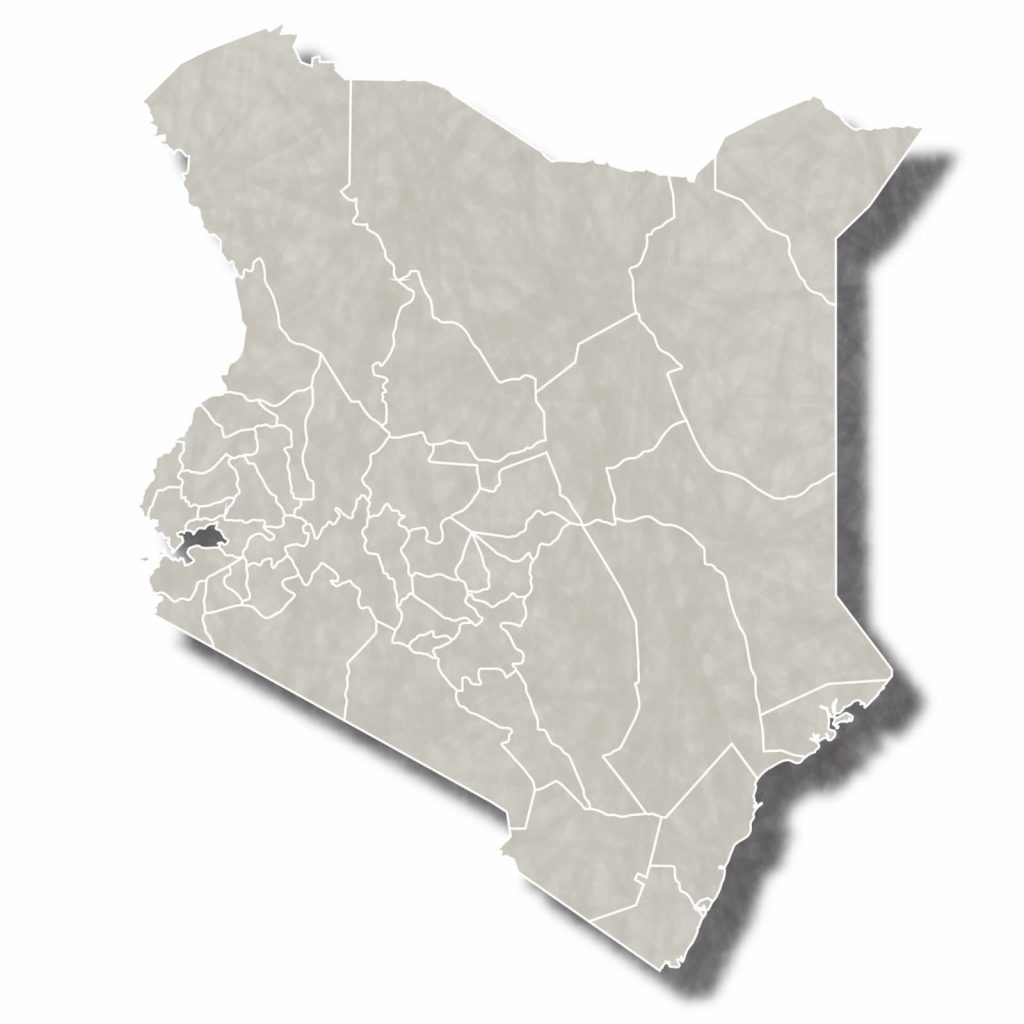
Amboseli National Park
1 of 6Lake Naivasha
2 of 6Lake Nakuru
3 of 6Masai Mara
4 of 6Tsavo
5 of 6Nairobi (major airport)
6 of 6Locations Shown above:
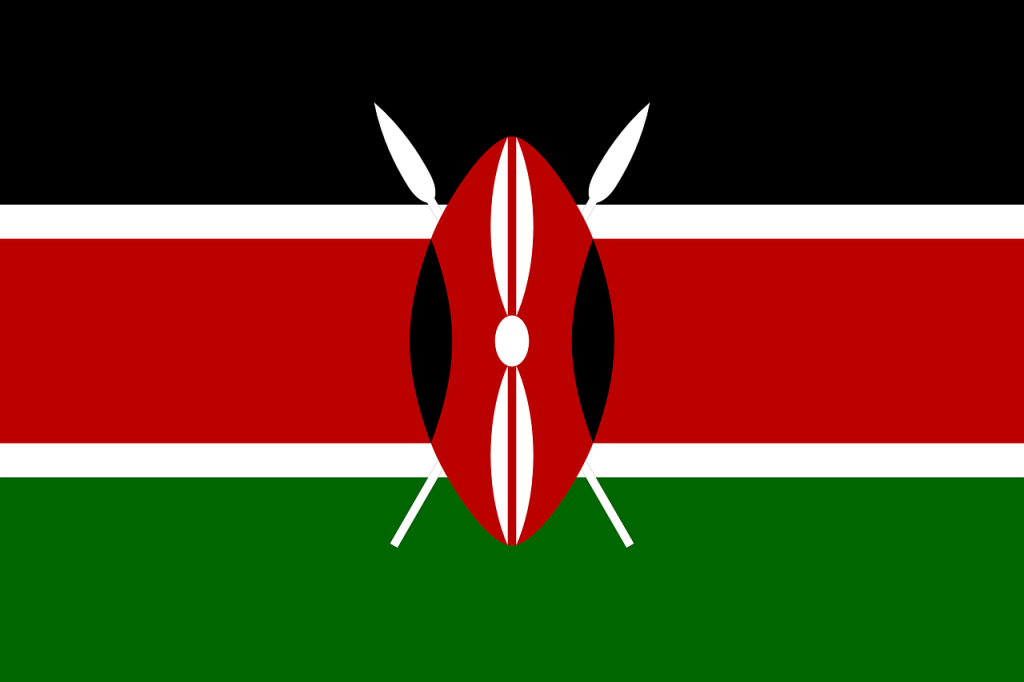
Facts:
- About the size of Texas
- Capital: Nairobi
- Languages: Swahili and English
Currency
- Kenyan Shilling (KES)
- U.S. Dollars are widely accepted
When to Go
Best time: June – October
- Best time for the Great Migration in the Masai Mara
- The dry season, little to no rain (and less mosquitoes)
- Animals are easier to spot due to less dense vegetation
The Masai Mara is a great place to visit outside of the peak migration season. It is far less crowded and the game viewing is excellent.
Climate
Dry season (June – October):
- Cooler temperatures at night (keep in mind that the seasons are reversed in the southern hemisphere)
Wet season (November – December (short rains); March – May (sustained rains)
Health
- Tap water is not safe to drink in Kenya. Some lodges filter and treat their water or simply stick to bottled water or drink juice.
- Kenya is a malaria area. Anti-malarial medication is needed and usually must begin several weeks prior to arrival and can continue for a couple of weeks after you return home.
- Kenya requires a yellow fever vaccination certificate upon entry for travelers arriving from countries with risk of yellow fever transmission. Kenya itself is a yellow fever risk country so we highly recommend getting vaccinated. We will let you know if your travel itinerary requires a yellow fever vaccination certificate.
- Other recommended but not mandatory vaccinations include typhoid fever, hepatitis A& B and sometimes rabies.
- Visit your doctor 4-6 weeks in advance of your trip in order for your vaccines to take effect and to determine the right anti-malarial medication (if needed) for you.
Safety
- We do not recommend traveling to northern or eastern regions of Kenya that border Somalia, Ethiopia, and South Sudan due to the risk of terrorism. It is advised to avoid the coastal counties of Tana River and Lamu, and all areas of Kilifi county north of Malindi. Also, the Nairobi neighborhood of Eastleigh should be avoided.
- Nairobi has experienced terror attacks in recent years. Most Kenya safari trips connect through Nairobi's airports but have a quick turn around or only require a one-night stay.
- Most of Kenya's game reserves are located far away from areas of potential violence.
- Click here to see where Kenya ranks in the World Peace Index.
- Airports have a heavy security presence which brings peace of mind.
- Don't draw attention to yourself by wearing jewelry or sporting a nice camera on your shoulder. Leave the jewelry at home and keep the camera in your bag while strolling around the cities.

